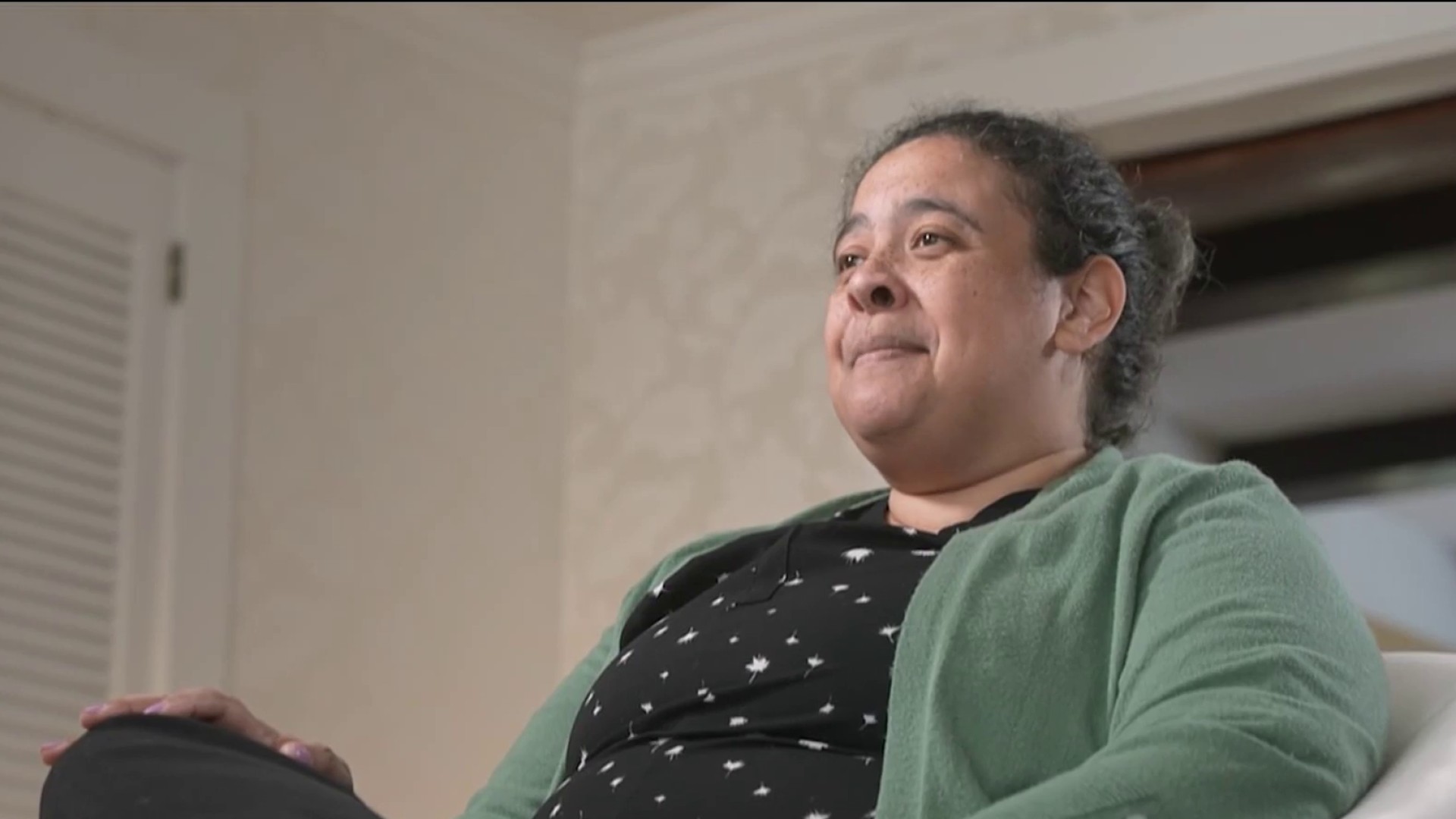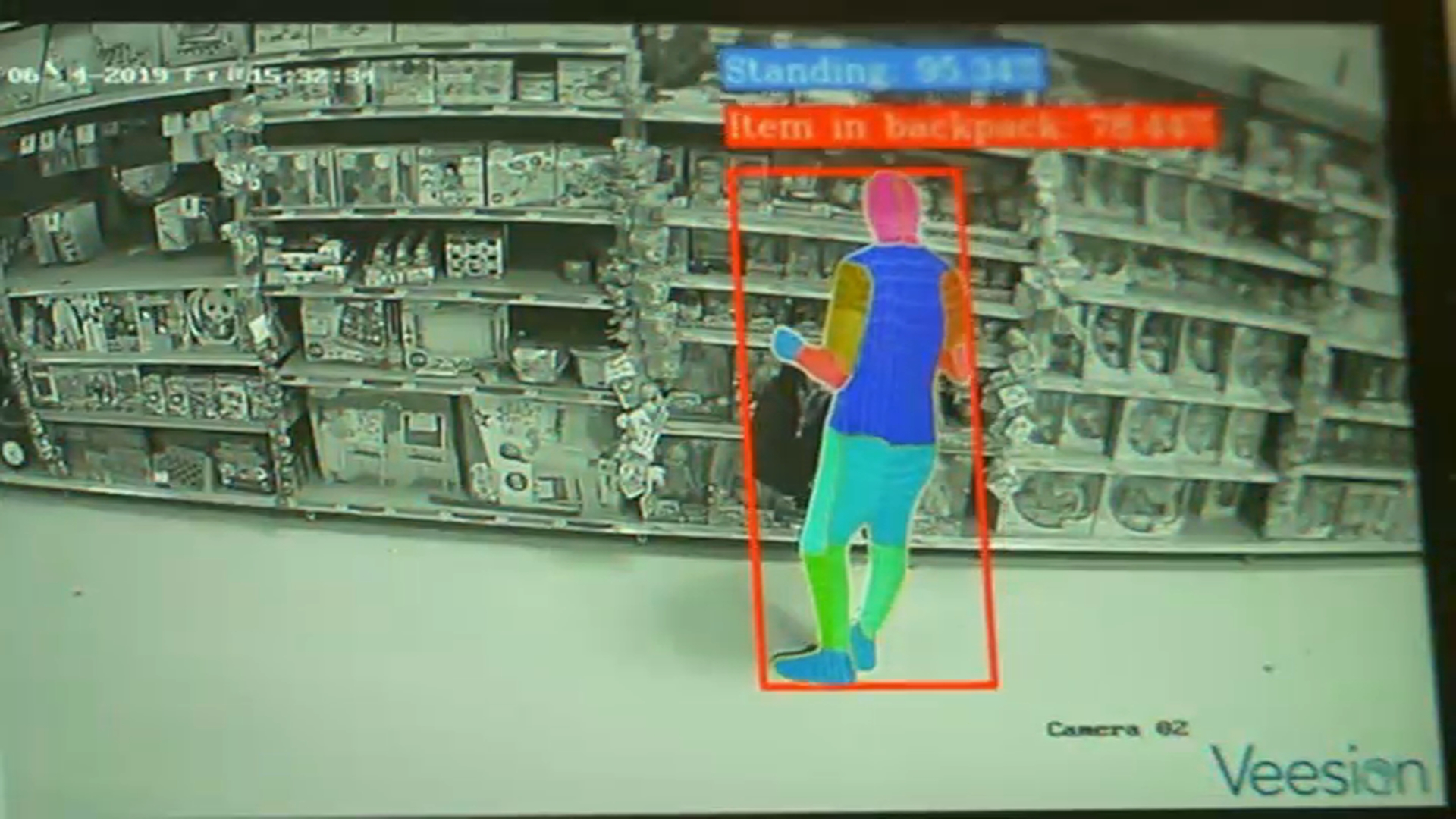High school students across the country are gearing up for the May SATs—the entrance exam used by most colleges and universities to make admissions decisions.
And many are seeking out prep courses to help boost their scores.
WATCH ANYTIME FOR FREE
>Stream NBC10 Boston news for free, 24/7, wherever you are. |
But parents, be warned. Scammers who have specific student information are making the rounds. Parents and students are being targeted in an SAT prep materials scam.
Here’s how it works. Parents get an unsolicited call from someone claiming to be with the College Board, the organization that administers the exams. And these calls are convincing.
Get updates on what's happening in Boston to your inbox. Sign up for our >News Headlines newsletter.
Anne Huntington Sharma is with Huntington Learning Center, a tutoring and test prep provider.
“Those individuals who are calling have sensitive information. They have student information, school information, and sometimes even the test date that they're going to be taking the SAT.”
The caller then asks you to confirm your address so they can send over requested test prep materials.
“Some of these scammers are calling and saying that the student requested, these materials that need to be sent to the home. Therefore, I need your address, and I need your credit card information,” explained Huntington Sharma.
They ask for a deposit for the materials, claiming the charges will be refunded when they are returned. But the package never arrives. Consumers have reported to the Better Business Bureau that they’ve lost hundreds of dollars in these scams.
“If you are looking for college prep, then look and do your research. Go online. Ask friends. Go to a provider who has the track record, who is accredited, who is professional. And when in doubt, hang up the phone.”
Victims say the calls were very convincing because of the specific information the scammers had about their children. But you should always be wary of any unsolicited phone calls. And remember, the College Board will never ask you for bank or credit card information over the phone or via email.



